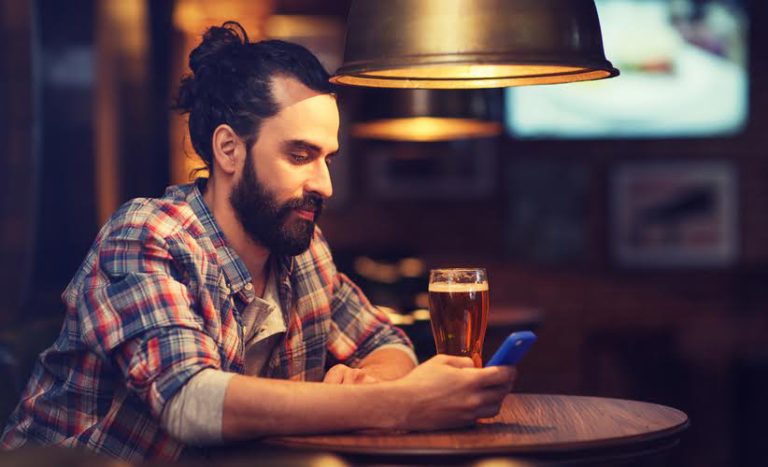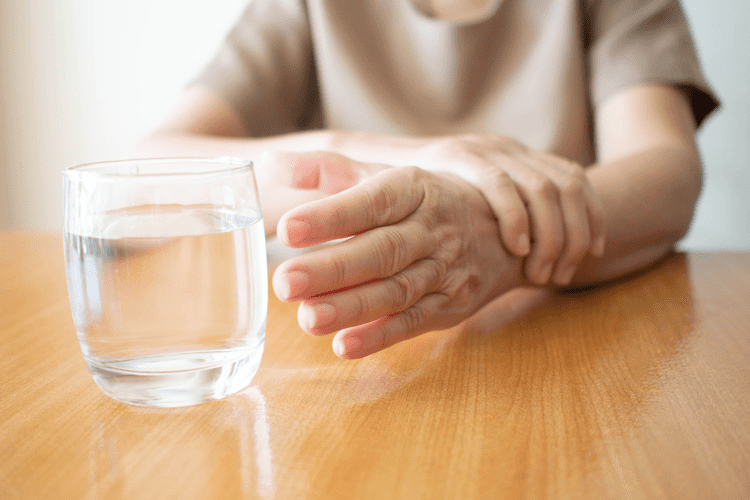Since alcohol adversely affects a person’s sleep quality, they’re likely to feel fatigued during the day, leading them to drink coffee or energy drinks to stay awake and sedate themselves with alcohol at night. These people will likely find they have to drink more and more as time goes by to overcome the tolerance they have built up to alcohol’s sedative effects. This issue creates a vicious cycle that will never leave a person feeling well-rested. Alcohol is a muscle relaxant, http://joomla.ru/docs/books/1815-cms-security-handbook so consuming alcohol at bedtime can make a person more prone to experience a blocked airway. People who typically snore or who have obstructive sleep apnea tend to display more severe snoring and lower blood oxygen levels after drinking alcohol, especially when they drink close to bedtime. People who regularly drink alcohol are 25% more likely to have obstructive sleep apnea, although the connection may be partly due to other shared risk factors such as obesity.
How does alcohol affect sleep apnea?
These results were similar for men and women, and alcohol consumption affected sedentary and active people alike. The study revealed that alcohol reduced http://proga-android.ru/programma/page/156/ the restorative quality of sleep. Specifically, a low alcohol intake decreased the physiological recovery that sleep normally provides by 9.3 percent.
Drinking Alcohol Before Bed Is Ruining Your Sleep Quality, According to a Neuroscientist and a Neurologist

“Many people find that while it initially seems difficult to break the habit of using alcohol to induce sleep, they soon adjust and experience better sleep and energy overall,” she continues. If left untreated, chronic sleep apnea can drastically impact your quality of life and lead to serious health concerns, such as weight gain and obesity, hypertension, stroke, memory impairment and heart failure. Sleep and circadian rhythm disruption from alcohol also contribute to next-day tiredness, fatigue, irritability, and difficulty concentrating. Even if it doesn’t present as a full-fledged hangover, alcohol-related sleep loss negatively affects mood and performance. The most effective time of day for the body to metabolize alcohol, according to research? That’s right, the traditional “happy hour” time is actually when the body is most prepared to process that cocktail.

How does alcohol affect sleep?
CBTi, as offered by Sleepstation, could help if you’re experiencing alcohol-induced insomnia. The potential for insomnia treatment to influence alcohol-related consequences has significant implications for the prevention and treatment of problematic alcohol use among young adults. These impairments could mean the danger signs https://kingstep.ru/byvshie/pochemu-muzykalnye-tembry-mozhno-sravnit-s-kraskami-tembr-i-tip-golosa-chto/ related to substance use — and excess alcohol consumption — are missed. We all know someone who feels merry following their first drink and we know others who appear unfazed by pint after pint. Too many pints — or that extra glass of wine — can be the trigger for waking up bathed in sweat with your pillow soaking wet.
- Factor in, too, the fact that fuelling your pre-snooze anticipatory thirst apparently won’t actually improve your sleep.
- These results were similar for men and women, and alcohol consumption affected sedentary and active people alike.
- My belief came from the observation of people drinking smoothies for weight loss and the experience of losing water weight after a heavy drinking session.
- Drinking to excess before bed also plays havoc with the REM sleep stage.
How Should I Change My Drinking Habits to Sleep Better?
- If you drink alcohol at night and have trouble falling or staying asleep, you might wonder how long you should wait between your last drink and going to bed so your sleep isn’t impacted.
- « If you look at what alcohol does, you’ll see that it suppresses a lot of positive, restorative things about sleep », he said.
- The more you drink, and the closer your drinking is to bedtime, the more it will negatively impact your sleep.
- Heavy alcohol use can contribute to the development of insomnia, a sleep disorder characterized by difficulty falling asleep and staying asleep.
- In some cases, a person’s brain doesn’t send the right signals to control their breathing during sleep.
How does alcohol affect people with insomnia?

